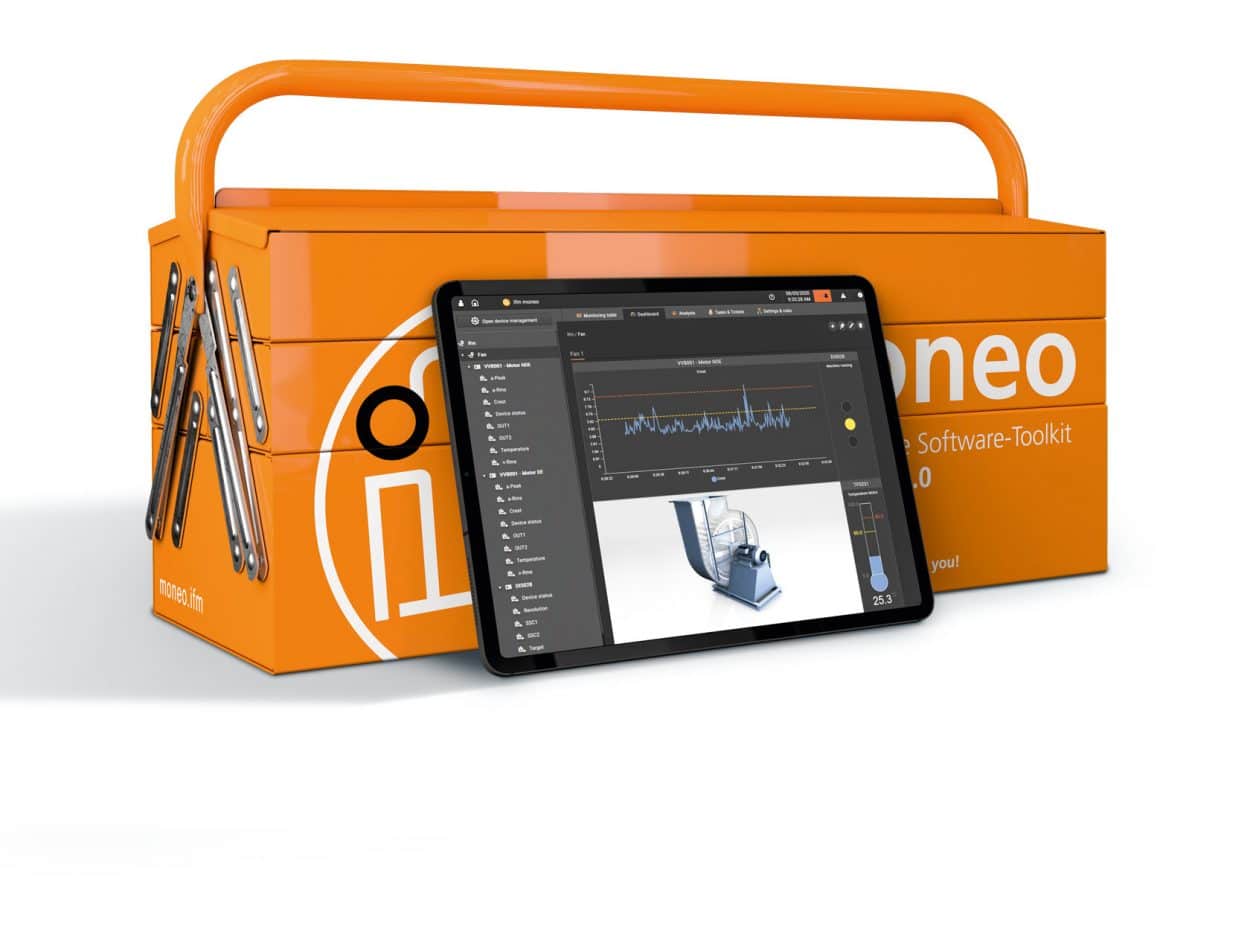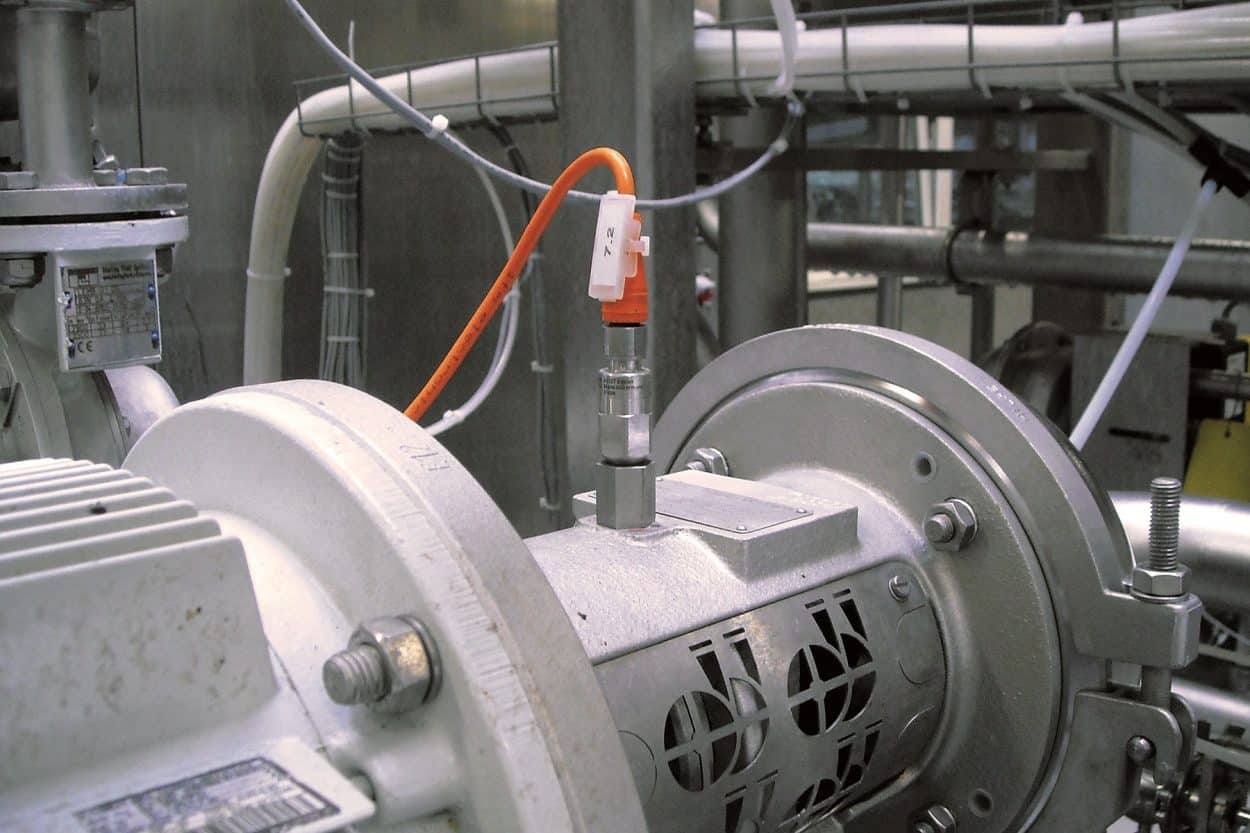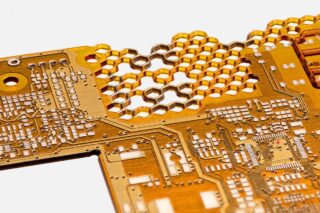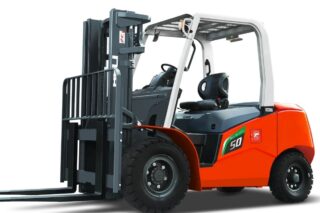Since its formation in 1969 in Germany, the ifm company has excelled to be one of the world leaders in sensor technology development and production. We spoke with Nikolaj Setzkorn, product manager, moneo|RTM (IIoT Software). He gave his insights on the future of the electronic sector and the company’s industry 4.0 strategy.
Today, ifm has three main bases in Germany; Essen (ifm headquarters), Tettnang (ifm production) and Siegen (ifm tech center). It has 60 sites across the world with 8,100 employees, 1,150 patents and a turnover of €1.25 billion. Together, the company has 183,000 customers generating 3.5 million orders per year.
Nikolaj Setzkorn details their product portfolio:
“ifm’s large product portfolio takes into account the special requirements of individual industries. In addition to position and process sensors, the product range includes sensors for motion control and safety technology. Furthermore, ifm offers products for industrial image processing and communication as well as identification systems and systems for mobile machines. ifm develops innovative Industry 4.0 solutions and corresponding software and cloud products to make existing company processes digitally usable and to offer new, holistic control options for sustainable efficiency and cost optimisation.”

ifm is still a family business which is led by the sons of the founding fathers, Martin Buck and Michael Marhofer.
On October 29, 1969, their fathers Robert Buck and Gerd Marhofer founded electronic geräte gmbh+co kg with the goal to ‘do things differently from everyone else, and better.’
With the invention of inductive proximity sensors for 220 volts, ifm’s success already began in that founding year. Today that experience has evolved and the company’s top three selling product groups are: pressure sensors; flow sensors and inductive sensors.
Industry 4.0 Strategy
Mr. Setzkorn explained:
“Customers are no longer interested in having state-of-the-art devices which measure pressure or flow. They need competent partners to develop 4.0 strategies, that means hardware and software from one single source with overall knowledge. To enable this, companies must build up new competencies and overhaul structures. This starts in the product development and ends on the website, where customers can easily buy the right solution on their own.
He also adds:
“Most of our products we sell are also in use in our companies. That means our processes are monitored with our sensors to make the processes transparent and improve our quality. If any anomaly takes place during these processes, we are informed by our software solutions about this and we trigger automatic actions in third-party systems.”

More Intelligent Devices
Mr. Setzkorn believes that in the future more intelligence will be implemented in their devices.
“We began with simple inductivity sensors over 50 years ago, then we developed innovative IO-Link technology to adapt our devices to Industry 4.0 use cases. Now we are at the point where we offer software with data science algorithms that automatically detect any changes in the normal system behavior. These algorithms will become smarter and we can bring them to our devices. Then it is no longer necessary to have post-processing on-premise or in the cloud.”
ifm helps customers to develop solutions as a full-service provider by connecting devices with the suited software to enable the whole power of I4.0.
Interoperability and Usability
Over the next ten years Nikolaj says customers will demand more solutions which focus on interoperability and usability.
“Customer’s demand connectivity to multi-vendor solutions. In the future it is necessary to enable connectivity to all kinds of devices, edges and cloud solutions independent from which company the products are. In addition, customers don’t want to study manuals or be part of workshops to develop or integrate I4.0 solutions. The demand is to enable the power of the solution on their own, usability is the keyword to this.”











